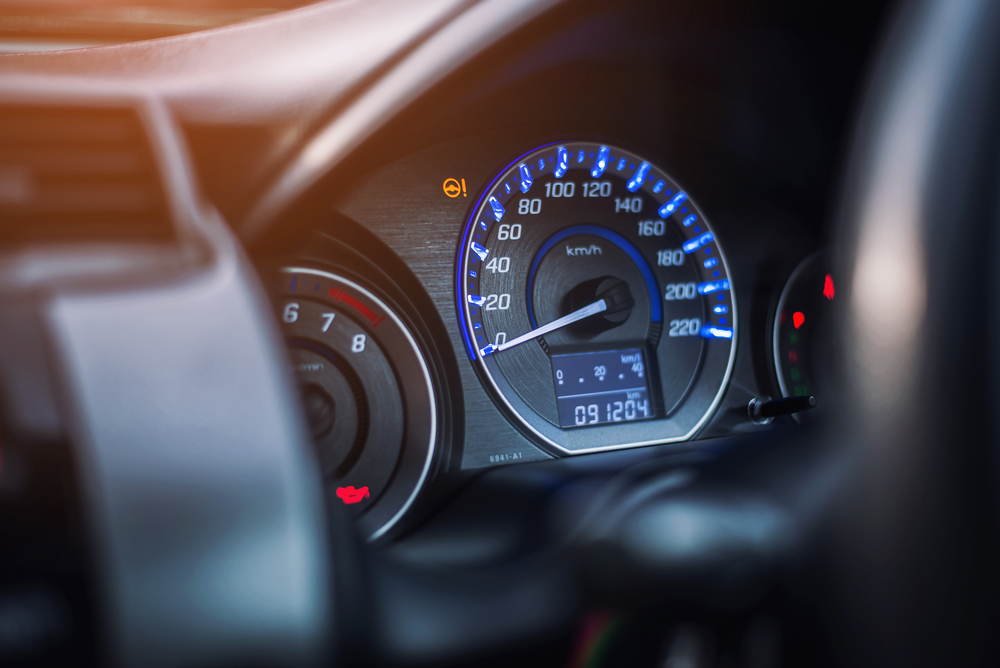Car Maintenance Schedule by Mileage

Proper car maintenance is crucial for keeping your vehicle running smoothly and ensuring its longevity. Following a maintenance schedule based on mileage is an effective way to stay on top of necessary services and prevent potential issues down the road.
Importance of Regular Maintenance
Regular maintenance helps in maintaining the performance, reliability, and safety of your car. It involves a series of inspections, adjustments, and replacements of components that wear out over time. By following a mileage-based maintenance schedule, you can address issues before they escalate into costly repairs.
Mileage-Based Maintenance Intervals
Different components of your car require attention at specific mileage intervals. Here’s a breakdown of common maintenance tasks based on mileage:
1. 3,000 to 7,500 Miles
For newer vehicles, the initial mileage intervals are shorter as they break in and settle. During this phase, it’s essential to:
- Oil Change: Replace engine oil and oil filter.
- Tire Rotation: Ensure even tire wear and longevity.
- Fluid Checks: Inspect coolant, brake fluid, transmission fluid, and windshield washer fluid levels.
- Brake Inspection: Check brake pads and rotors for wear.
2. 15,000 to 30,000 Miles
As your car accumulates more miles, certain components require more thorough inspection and maintenance:
- Air Filter Replacement: Ensure optimal engine performance and fuel efficiency.
- Cabin Air Filter: Maintain clean air inside the vehicle.
- Spark Plug Replacement: Replace spark plugs for efficient combustion.
- Coolant Flush: Replace old coolant to prevent overheating and corrosion.
3. 30,000 to 60,000 Miles
During these intervals, more critical components and systems need attention to avoid breakdowns and ensure safety:
- Timing Belt Replacement: Replace timing belt if your car is equipped with one.
- Battery Check: Inspect battery condition and terminals.
- Transmission Service: Replace transmission fluid and filter (if applicable).
- Suspension Inspection: Check shocks, struts, and steering components for wear.
4. 60,000 to 100,000 Miles
As your car reaches higher mileage, maintenance becomes more intensive to maintain reliability:
- Brake Fluid Flush: Replace brake fluid to maintain braking performance.
- Drive Belt Inspection: Check condition and tension of serpentine belts.
- Power Steering Fluid: Inspect and replace if necessary.
- Fuel System Cleaning: Clean fuel injectors and intake valves for optimal performance.
Adhering to the Maintenance Schedule
Following the manufacturer’s recommended maintenance schedule is crucial. It ensures that your car receives the necessary care at the right intervals. Failure to adhere to the schedule can lead to premature wear, reduced fuel efficiency, and potential mechanical failures.
Benefits of Following a Maintenance Schedule
By sticking to a mileage-based maintenance schedule, you can enjoy several benefits:
- Improved Performance: Regular maintenance keeps your car running at its best.
- Enhanced Safety: Properly maintained brakes, tires, and other components ensure safer driving.
- Long-Term Savings: Preventative maintenance reduces the risk of costly repairs.
- Maintained Resale Value: A well-maintained car retains higher resale or trade-in value.
DIY vs. Professional Maintenance
While some maintenance tasks can be performed by car owners with basic mechanical skills and tools, others require specialized knowledge and equipment. Here’s a breakdown:
DIY Maintenance
- Oil Changes: Many car owners can perform oil changes at home with the right tools.
- Air Filter Replacements: Typically straightforward and require minimal tools.
- Tire Rotations: Basic task that helps in extending tire life.
Professional Maintenance
- Timing Belt Replacement: Requires precise timing and specialized tools.
- Transmission Service: Involves flushing old fluid and replacing the filter.
- Complex Repairs: Any major engine or electrical repairs are best left to professionals.
Conclusion
Following a mileage-based car maintenance schedule is essential for preserving the performance, reliability, and safety of your vehicle. By staying proactive and adhering to the recommended intervals for inspections and service, you can prevent potential issues and ensure a smoother driving experience for years to come. Whether you choose to perform basic maintenance tasks yourself or rely on professionals for more complex services, staying consistent with your car’s upkeep will ultimately save you time and money in the long run.
Need a Mechanic in La Grande, OR?
Our team here at Integrity Automotive has provided quality auto repair services for our customers since 2003. We are a full service auto repair shop and specialize many types of vehicles, including European models such as BMW and Audi, as well as diesel trucks. Our services include engine repair, transmission services, and many more services. Moreover, we are ASE certified and are a proud member of NFIB, and we are a certified NAPA auto care center. Call or come in for immediate service!
